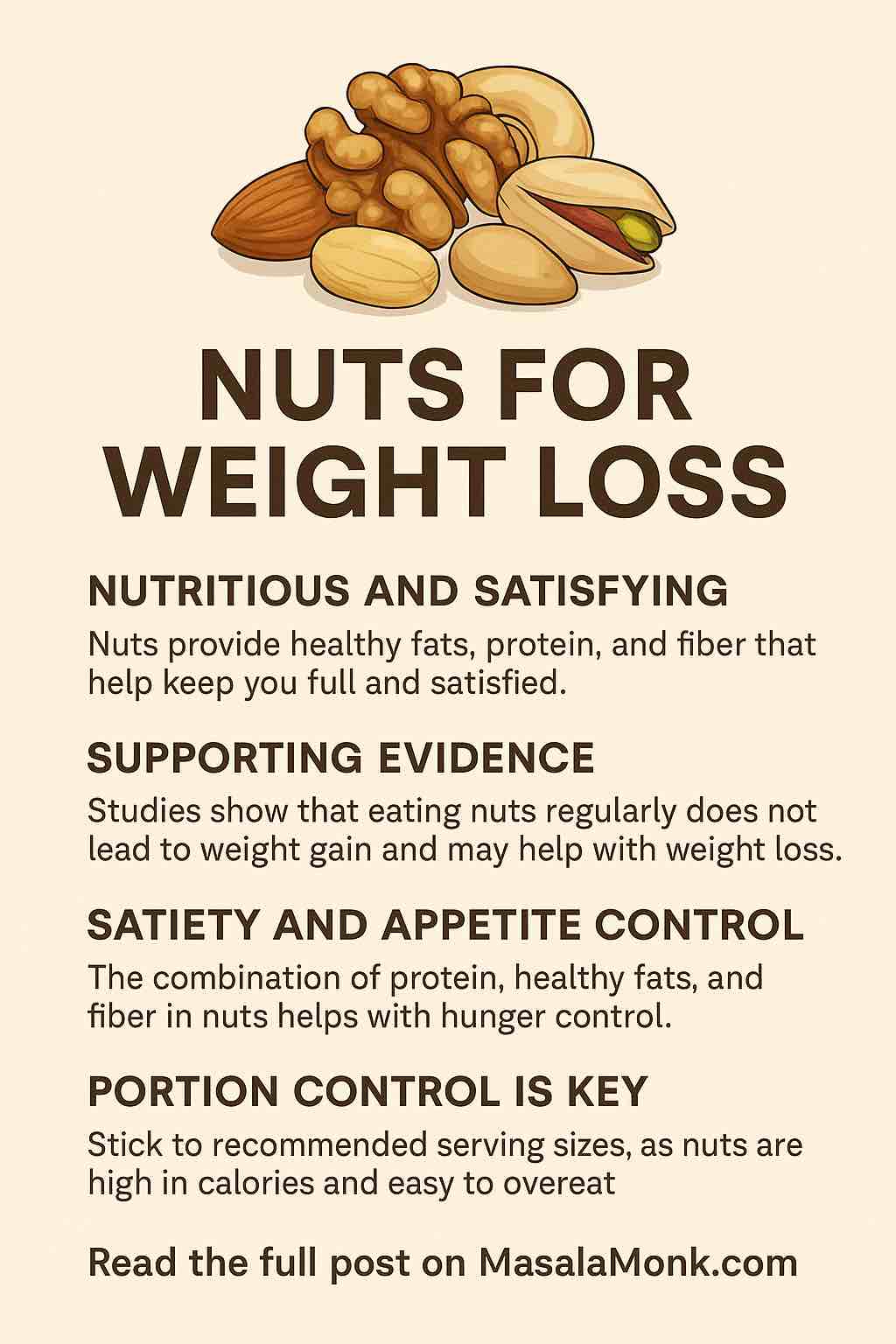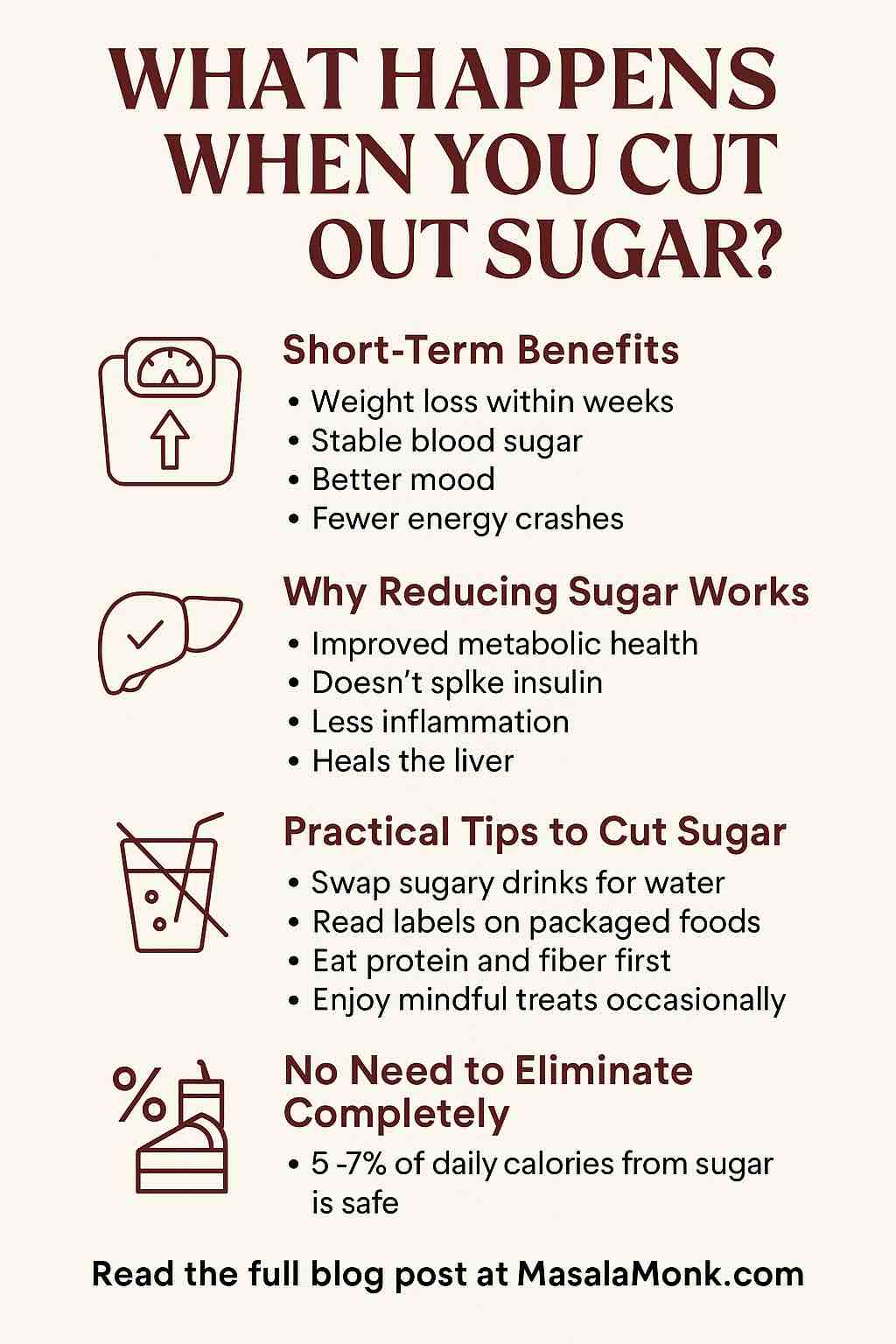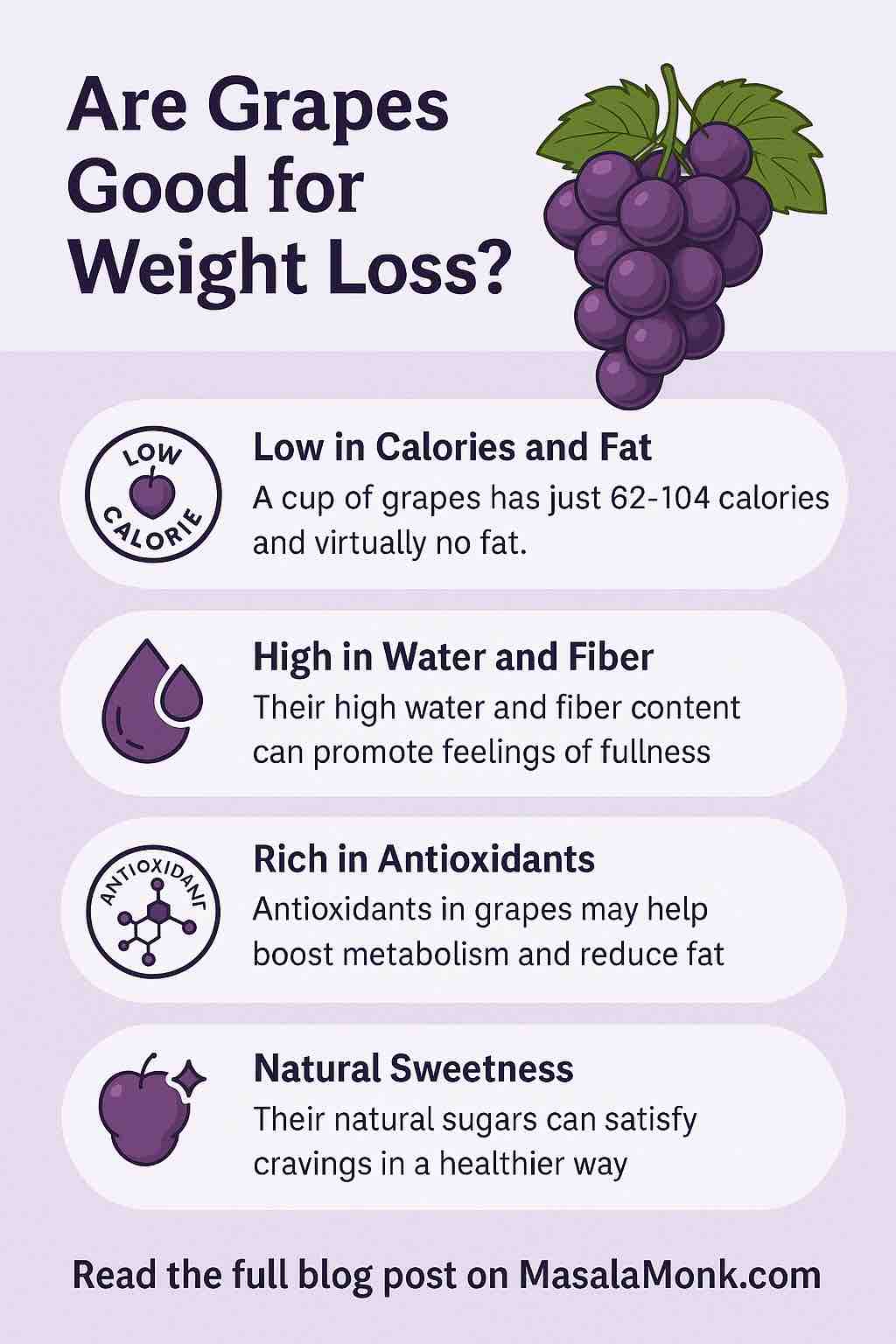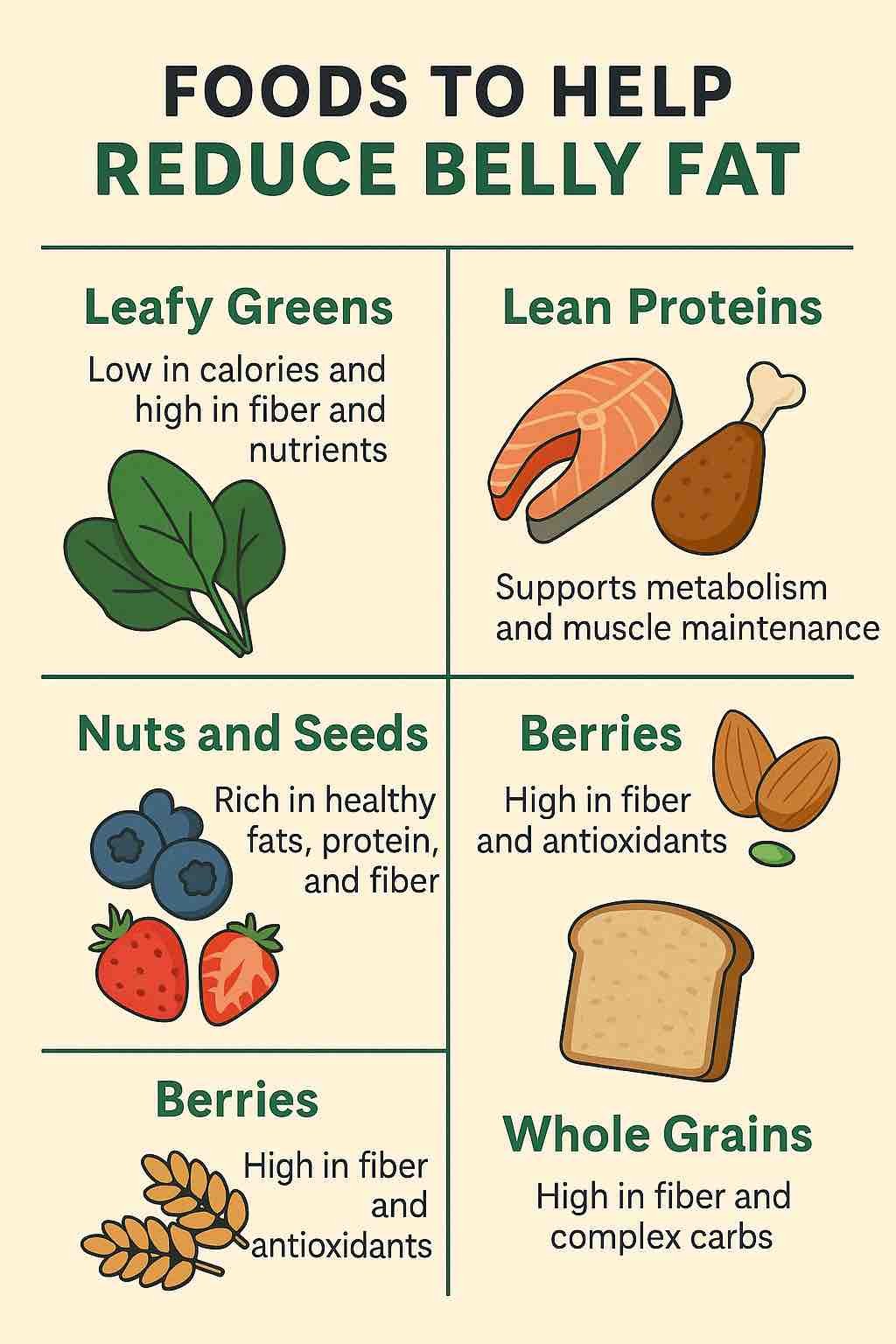
When you think of weight loss, high-fat foods like nuts might seem counterintuitive. But current science is turning that myth on its head. Far from being diet saboteurs, nuts are emerging as powerful allies in the journey to shed pounds, improve metabolic health, and foster lasting satiety. Let’s explore how nature’s most compact superfoods can support your weight-loss goals—without sacrificing satisfaction or nutrition.
1. The Nutritional Arsenal in Every Nut
Nuts are small but mighty. Their dense nutrient profile includes:
- Healthy fats: Rich in monounsaturated and polyunsaturated fats, which help manage cholesterol and support heart health.
- Plant-based protein: Contributes to muscle preservation and increased satiety.
- Fiber: Aids digestion, improves fullness, and regulates blood sugar.
- Micronutrients: Magnesium, selenium, vitamin E, potassium, and more fuel your metabolism and enhance antioxidant defenses.
- Bioactive compounds: Phenolics and phytosterols offer anti-inflammatory benefits and may help reduce fat accumulation.
These nutrients work synergistically to deliver benefits that go beyond simple calorie counts.
2. How Nuts Actually Promote Weight Loss
Despite being calorie-dense, nuts help with weight loss due to several physiological mechanisms:
- Satiety Enhancement: Nuts reduce hunger and prevent overeating thanks to their fat-fiber-protein trifecta.
- Reduced Caloric Absorption: Not all nut calories are absorbed; up to 20% of fat remains locked within the nut’s fibrous structure.
- Thermic Effect of Food (TEF): Nuts have a slightly higher TEF than refined carbs, increasing the energy your body uses during digestion.
- Blood Sugar Stabilization: Nuts slow digestion and prevent insulin spikes, reducing cravings.
- Improved Fat Metabolism: New studies show nuts may alter gene expression in fat tissue, encouraging fat burning and reducing inflammation.
3. The Latest Science (2024-2025 Insights)
Recent studies have confirmed the weight-supporting benefits of nuts:
- Mixed Tree Nut Trial (2025): A Vanderbilt study showed improved fat metabolism gene expression with 33.5g daily nut intake.
- Cashew Nut RCT (2024): Participants consuming 30g/day cashews experienced better liver health and lipid markers compared to controls.
- Pecan Snack Swap Study (2025): Replacing snacks with pecans improved cholesterol without weight gain.
- Meta-Analysis (2025): Reviewed over 139 RCTs showing tree nuts improve weight-related metabolic markers regardless of medication use.
Key takeaway: nuts, especially when used as snack replacements, consistently support healthy weight outcomes in real-world, controlled settings.
4. Best Nuts for Weight Loss (Ranked Practically)
While all nuts offer benefits, some stand out:
- Almonds: High in protein, vitamin E, and fiber. Excellent appetite suppressant.
- Pistachios: Low calorie-per-nut, high potassium, promotes mindful eating due to shelling.
- Walnuts: Omega-3-rich; influence hormones like peptide YY and ghrelin.
- Cashews: Good source of magnesium and iron, moderate fat and protein.
- Brazil Nuts: Selenium-rich; great for thyroid health and inflammation.
- Pecans: High in antioxidants; may help lower LDL cholesterol and blood sugar.
Serving size tip: Stick to 28g (~1 oz), about a handful, totaling ~160-200 kcal.
5. How to Integrate Nuts into Your Weight Loss Plan
- Snack Smart: Replace chips or granola bars with a portion-controlled nut mix.
- Upgrade Breakfast: Add crushed nuts to oatmeal, yogurt, or smoothies.
- Power Salads: Use sliced almonds or walnuts to elevate greens.
- Nut Butters: Choose unsweetened, natural spreads. Limit to 1-2 tbsp/day.
- Mindful Eating: Eat slowly, savor texture and flavor, avoid eating directly from the bag.
6. Real-World Tips for Success
- Pre-Portion: Use containers or small bags to avoid overeating.
- Combine with Fruit: Nuts + apple or banana = balanced, satisfying snack.
- Track Intake: Use tools like MyFitnessPal or Cronometer.
- Rotate Varieties: Mixing types increases nutrient diversity and flavor.
- Cook Smart: Toasting enhances flavor without added oil; avoid sugar-coated or salted nuts.
7. Myths, Warnings & Watchouts
- “Nuts make you fat”: Debunked. Multiple studies show no weight gain with regular, portion-controlled nut intake.
- Allergies: Nuts are off-limits for those with severe allergies—seek professional advice.
- Oxalates: People prone to kidney stones should moderate intake of high-oxalate nuts like almonds.
- Over-roasting: Can destroy beneficial fats. Stick with raw or dry-roasted options.
Conclusion: Harnessing Nature for Sustainable Weight Loss
Nuts prove that not all calories are created equal. With their robust nutrient profile and proven physiological effects, they can be a powerful part of a weight loss regimen. The key lies in mindful integration—as a substitute, not an addition, and always in appropriate portions. So grab a handful of almonds, mix up a nutty snack bowl, and trust in the science: when eaten wisely, nuts won’t weigh you down—they’ll lift you toward your goals.
Nature’s bounty awaits. Make it part of your path to a healthier you.
✅ FAQs
1. Can eating nuts every day make me gain weight?
Not if eaten in moderation. Studies show that daily nut intake (around 28–60g) does not cause weight gain and may actually help with fat loss and appetite control, especially when replacing less nutritious snacks.
2. What is the best time to eat nuts for weight loss?
Mid-morning or mid-afternoon as a snack works best. They help curb hunger between meals and prevent overeating later.
3. Which nut is the lowest in calories?
Pistachios are among the lowest at ~160 calories per ounce and offer more nuts per serving (~49) than most others, which helps with portion satisfaction.
4. Can I eat nuts on a low-carb or keto diet?
Absolutely. Most nuts are low in carbs and high in fats, making them ideal for low-carb and ketogenic diets. Macadamia nuts, pecans, and walnuts are particularly keto-friendly.
5. Are roasted nuts unhealthy?
Dry-roasted nuts are fine. Avoid oil-roasted or sugar-coated varieties. Also, roasting at high temperatures can reduce some antioxidants and damage healthy fats, so raw or lightly roasted is best.
6. How do nuts compare to other snacks like protein bars or granola?
Nuts are more natural and satiating, with fewer additives and sugar. They also offer a better mix of healthy fats, fiber, and micronutrients.
7. What are signs I’m overeating nuts?
Unexplained weight gain, digestive discomfort (bloating or gas), or regularly exceeding your calorie goals can be signs. Stick to ~1 oz (28g) daily.
8. Are nut butters as healthy as whole nuts?
They can be—if they’re natural and unsweetened. However, they’re easier to overeat. Measure portions (1–2 tablespoons) and read labels carefully.
9. Can nuts help reduce belly fat specifically?
No food targets belly fat directly, but nuts improve insulin sensitivity and lipid metabolism, which are associated with reduced central fat over time.
10. Are all nuts equally healthy?
Most offer benefits, but nutritional profiles vary. For example, walnuts are rich in omega-3s, while Brazil nuts provide selenium. Rotate for maximum diversity and nutrition.













